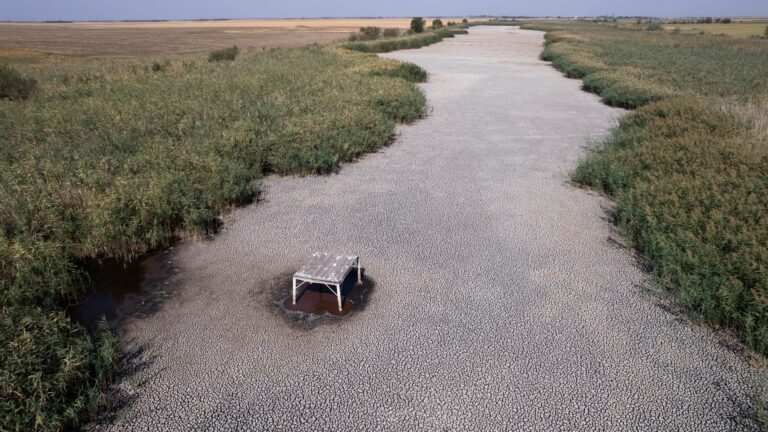The change in dietary culture can help sustainability, according to the latest survey conducted by WWF in Central Europe.
The study highlights crucial data indicating that altering dietary culture could not only benefit the planet but also contribute significantly to individuals’ physical and mental well-being, as emphasized during Tuesday’s presentation of the study at a press conference in Budapest.
Katalin Sipos, a biologist and the director of WWF Hungary, explained that due to its enormous territorial demand, agriculture currently stands as nature’s biggest competitor, as every hectare of farmland was once an ecosystem, forest, grassland, or marshland. Globally, half of the habitable land is under agricultural cultivation. About 20 per cent of these areas produce plant-based raw materials directly for human consumption, while nearly 80 per cent cultivate feed for livestock.
While extensive grassland-based animal husbandry, crucial for maintaining Hungary’s national heritage domestic animals and preserving valuable indigenous grasslands, gradually recedes in Europe, the vast majority of consumed meat comes from intensive, large-scale production systems detached from sustainable land and grassland use. Sipos also drew attention to the fact that globally,
plant-based food production, utilizing a smaller proportion of arable land, provides over 80 per cent of the global calorie intake
and more than 60 per cent of the protein supply. She emphasized the importance of re-establishing forests and aquatic habitats to combat climate change, allowing them to sequester atmospheric carbon dioxide, prevent soil erosion, and mitigate the harmful effects of flash floods and droughts. According to the WWF Living Planet Index, the population size of vertebrate species in the wild has declined by nearly 70 per cent between 1970 and 2022, indicating an ongoing decline in biodiversity.
With the global population increasing to eight billion, consumption patterns in developed countries have also shifted. Between 1961 and 2020, global per capita meat consumption nearly doubled, rising from 22 kilograms to over 42 kilograms. Similar trends are observed in the consumption of sugar beet and flour. Apart from the shift in proportions, unequal distribution of food poses a problem globally, as nearly 40 per cent of the world’s population is either overweight or obese, while almost 10 per cent suffer from hunger. Experts highlight that not only the quantity and nature of meat consumption pose challenges, but also the ecological footprint and production methods of food, including energy consumption, chemical use in production, duration of transportation and storage, and the extent of food waste.
Sipos stressed that a predominantly plant-based and diverse diet generally has a more favourable environmental impact than a meat-based diet. However, she highlighted that those unwilling to completely give up meat consumption can still reduce their ecological footprint through smaller steps and gradual shifts towards a more sustainable diet. ‘Let’s not underestimate the significance of small steps and gradual progress on the path to a more sustainable diet,’ she emphasized. According to experts, the primary step in adopting an eco-friendly diet is to find the diet that best fits personal characteristics and possibilities. It is essential to scrutinize the ingredients, origins, and production conditions of purchased food items. Additionally, it is ideal to opt for a diet rich in fruits and vegetables, reduce meat consumption, choose fish or poultry over red meat, purchase products from organic farming, and moderate consumption of dairy products, salt, and sugar. Prioritizing certified, seasonal, locally sourced food items during purchases and minimizing waste are also beneficial practices.
Read more:
Sources: Hungarian Conservative/WWF/MTI








